
Western North Carolina's Gateway
to stormwater information and local programs and regulations
to stormwater information and local programs and regulations
WNC Stormwater Partnership

Western North Carolina's Gateway
to stormwater
information and local programs and regulations
|
OVERVIEW
|
| In addition to picking up pollutants from the land, stormwater runoff also gets polluted from dumping in storm drains, and from illegal (illicit) hook-ups to the pipes that carry rainwater to the streams. | ||
| |
When a sink, tub, toilet, washing machine, or shop drain is connected to the storm drain pipes, rather than the sewer or septic pipes, that wastewater goes directly to our creeks and streams without being cleaned! | |
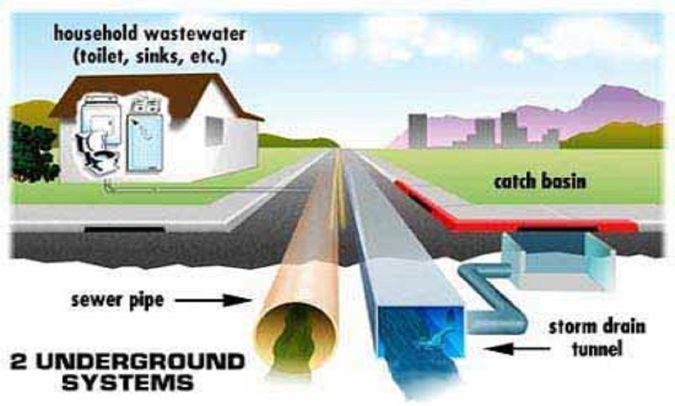 Image courtesy of U.S. E.P.A. |
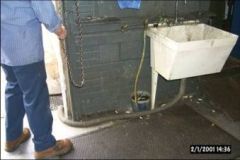 Photo courtesy of City of Durham |
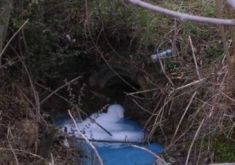 Photo courtesy of City of Raleigh |
|
As urban and suburban development increase, stormwater runoff increases. Wherever permeable land, like fields or woodlands, is replaced with impermeable surfaces, like roofs, driveways, parking lots or roads, water that used to soak into the ground now runs off the surface. | ||
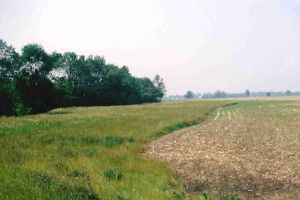 |
 |
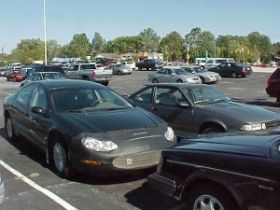 |
| In addition to picking up pollutants as it flows, this increased volume of runoff causes increases in flash flooding and erosion of streambanks. |
The combination of pollutants, muddied water, flooding, and loss of streambank property causes problems downstream. The result is direct economic loss from property damage, aesthetic loss of the beauty of our mountain streams, and ecological loss of vibrant aquatic ecosystems. |
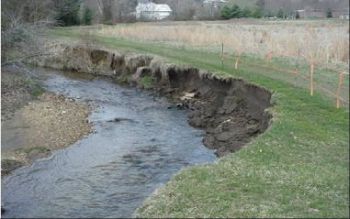 |
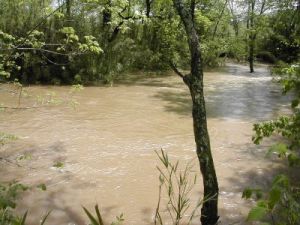 |
Stormwater runoff is also called non-point-source (NPS) pollution, because it comes from across the landscape, rather than a single point like a discharge pipe from a factory.
The Federal Clean Water Act requires municipalities to protect water quality by managing stormwater runoff. Phase II of this law requires several cities and towns, and some County facilities, in Western North Carolina to comply. They have been dubbed, "Phase II Communities." Each local government that is subject to this requirement has created a stormwater management plan. By law, all plans include:
|